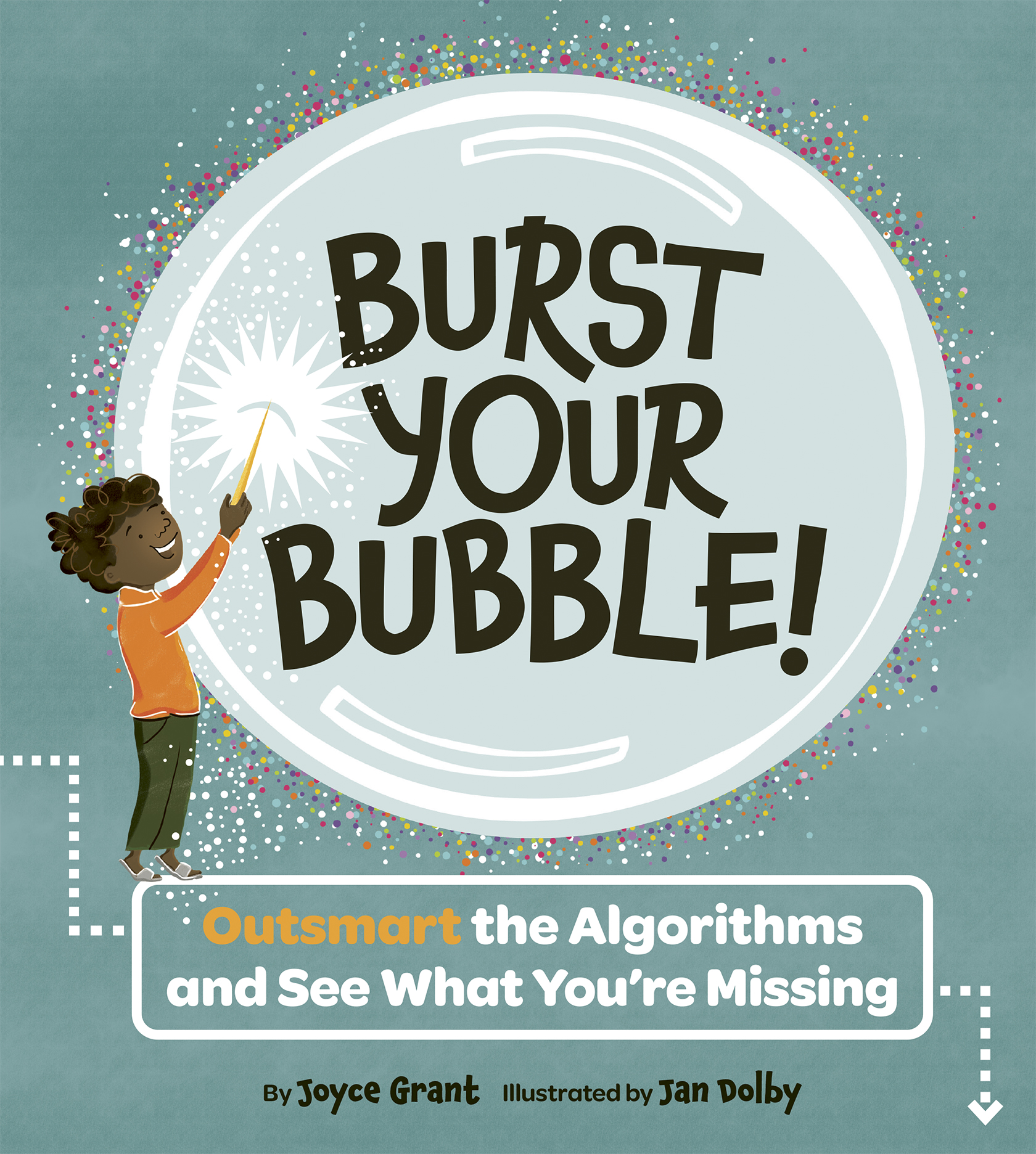There are two main political parties in the United States: the Republicans and the Democrats.
Right now, the Republicans have to choose someone to run for president against Democrat Barack Obama, in time for the presidential election on Nov. 6.
To pick a Republican candidate, every state in the U.S. holds an early election called a primary.
The front-runner in the Republican race is Mitt Romney, who was the Governor of Massachusetts and is now in business.








